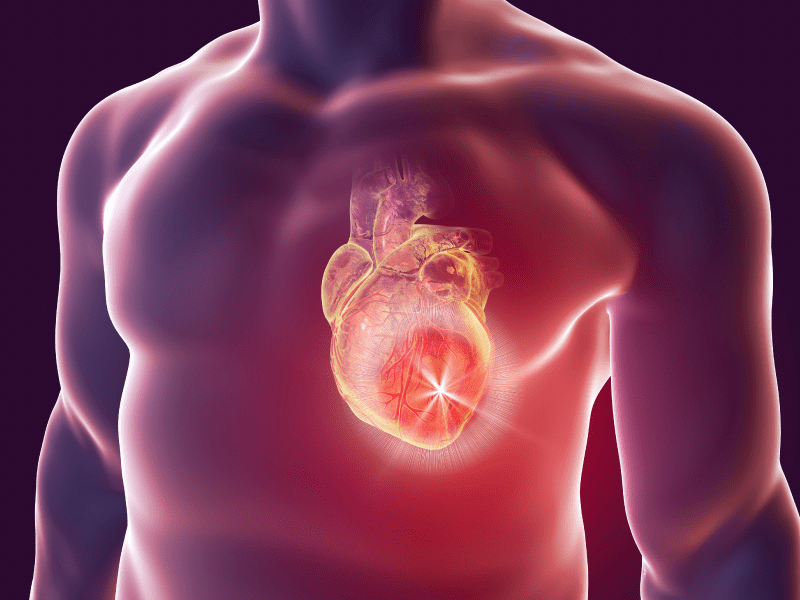The Connection Between Heart Disease and Cancer: Insights from Israeli Research
Recent research from Israel challenges prior beliefs held by scientists and medical experts regarding the relationship between heart disease and cancer. While conventional wisdom linked cancer risk in heart patients primarily to factors like obesity and smoking, a groundbreaking study conducted by researchers at Tel Aviv University and Sheba Medical Center has uncovered a new aspect of this association.
Understanding the Mechanism
Prof. Jonathan Lior and his research student Tal Coller led a study published in Circulation, shedding light on the role of small extracellular vesicles (sEVs) released by damaged heart tissue.
These vesicles, which enter the bloodstream, were found to promote the growth of cancer cells throughout the body.
Implications for Heart Patients
The study reveals that heart patients face an elevated risk of developing cancer due to the secretion of these extracellular bubbles.
This discovery necessitates a reevaluation of treatment protocols to address both cardiac conditions and the associated cancer risk simultaneously.
The Significance of the Discovery
The findings have significant implications for medical practice. By identifying the mechanism through which heart disease exacerbates cancer risk, researchers hope to refine treatment strategies. Interventions targeting the heart may mitigate the production of cancer-promoting vesicles, potentially reducing the incidence of malignant tumors.
Future Directions
Further research is needed to explore the full implications of these findings.
Identifying biomarkers among heart patients indicative of increased cancer risk could enable more targeted screening and preventive measures.
Collaboration between cardiologists and oncologists will be crucial in developing comprehensive care plans.
Conclusion
The Israeli study represents a milestone in understanding the link between heart disease and cancer. By elucidating the role of extracellular vesicles, researchers have opened new avenues for therapeutic intervention and personalized medicine, offering hope for improved patient outcomes.
1. Is heart disease a direct cause of cancer?
- While heart disease itself does not cause cancer, it can increase the risk of malignant tumors due to physiological changes.
2. Can lifestyle changes reduce cancer risk in heart patients?
- Adopting a healthy lifestyle, including regular exercise and a balanced diet, may help mitigate some risk factors associated with both heart disease and cancer.
3. Are all heart patients equally at risk of developing cancer?
- No, individual risk varies based on factors such as genetics, lifestyle, and the severity of underlying cardiac conditions.
4. How can biomarkers help identify cancer risk in heart patients?
- Biomarkers may serve as early indicators of heightened cancer risk, facilitating targeted interventions and surveillance.
5. What impact might this research have on future treatment approaches?
- Insights from this study could lead to the development of novel therapies targeting the underlying mechanisms linking heart disease and cancer, potentially improving patient outcomes.


Comments
Post a Comment